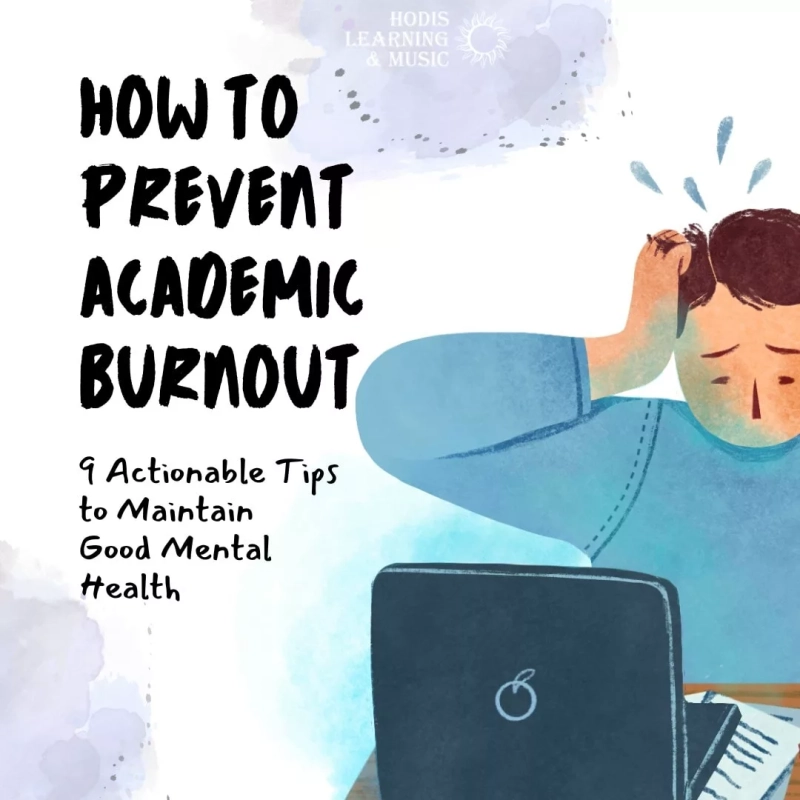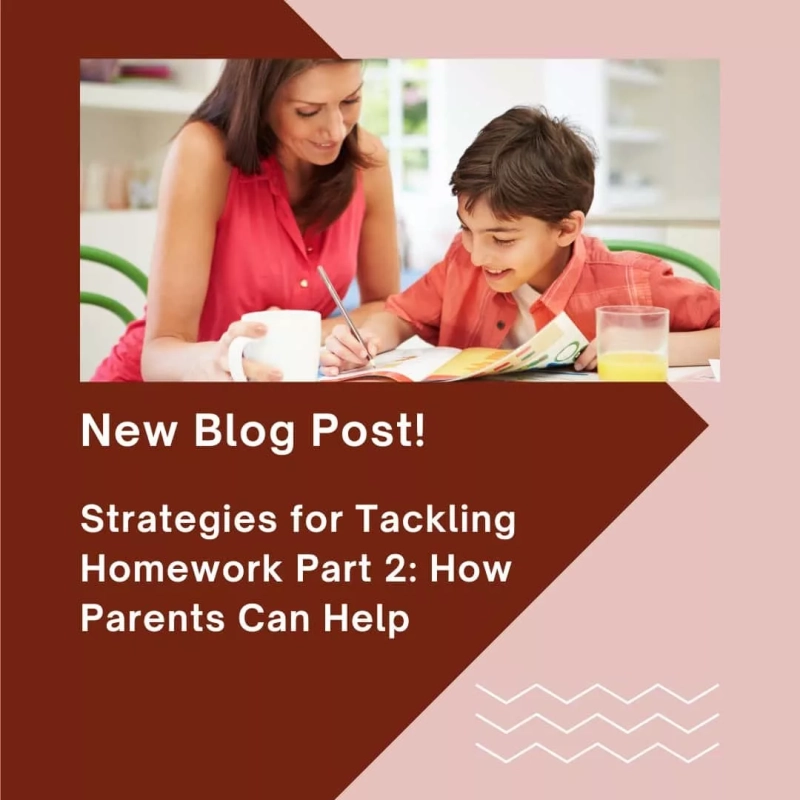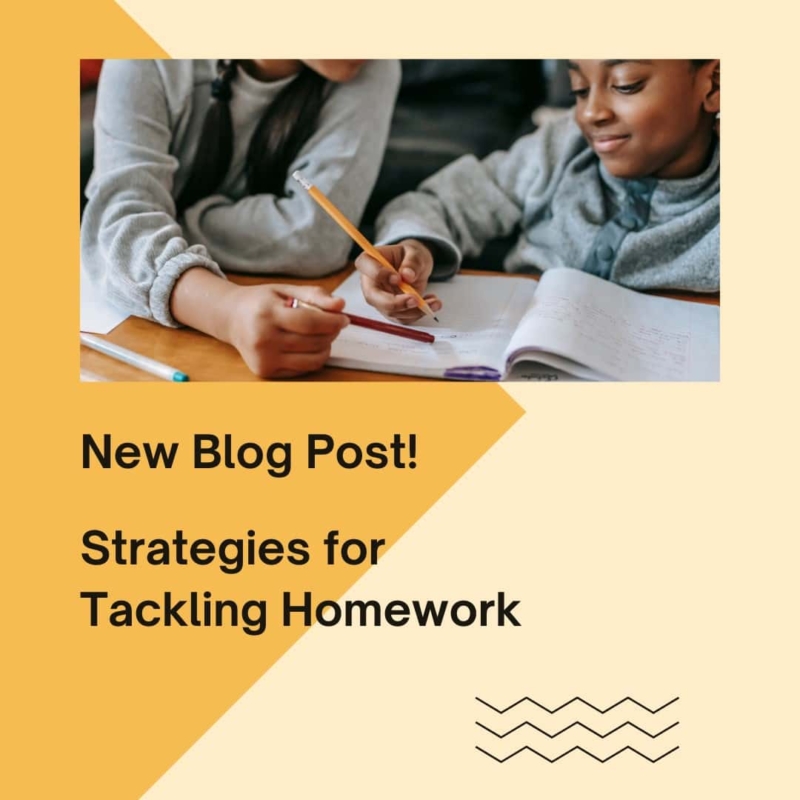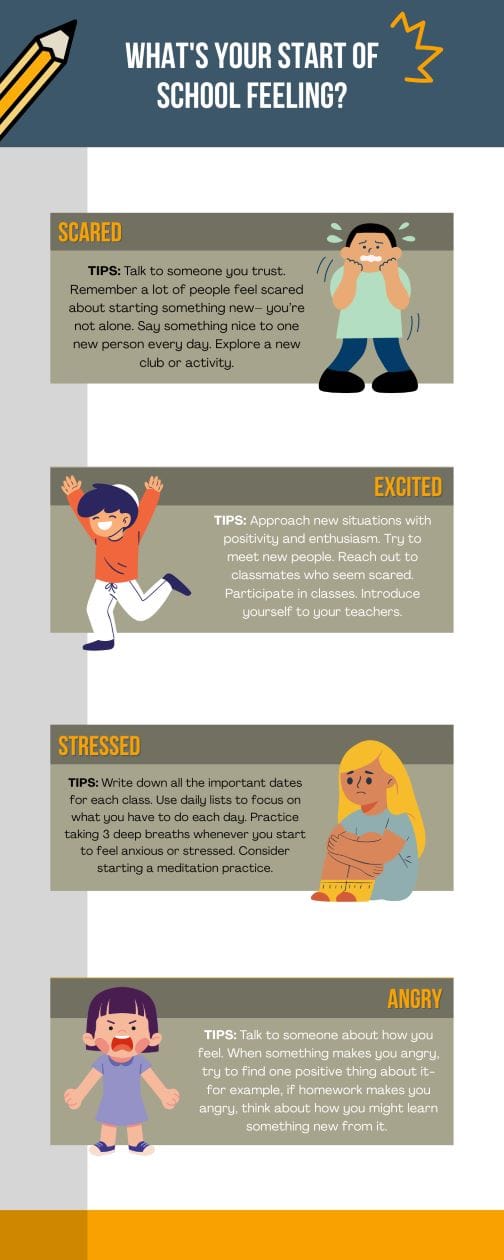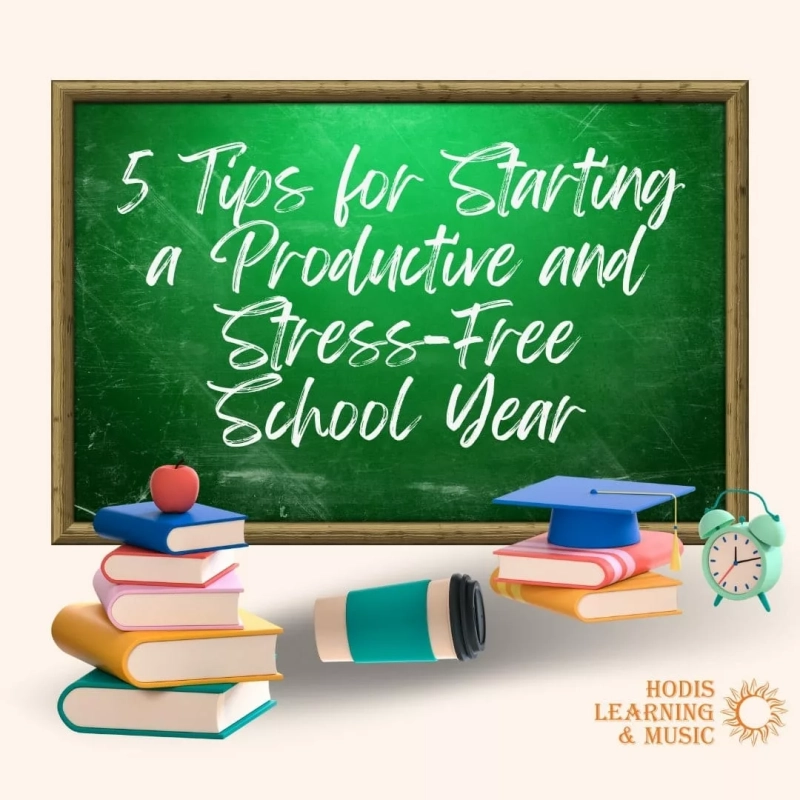Low grades can be disheartening when students and parents get their hands on a progress report. But it isn’t the end of the world; in fact, there are many options available to parents and students to improve poor grades. However, parents must be mindful that interventions need to be implemented immediately, which requires prompt assessment of the situation. The longer a student goes without support, the worse their performance will be.
Begin with Assessing Strengths and Weaknesses
Where is your student excelling? This is an important question. If you know what is going well, then you can dedicate more energy to the areas that need improvement. And, it’s important to celebrate the small victories. You want to make sure your student knows their successes will be noticed and acknowledged. .
Next assess the areas needing improvement. And keep in mind that reading the grade report won’t be enough. Say your student received a 20% (out of 100%) in their algebra homework grade. Did they fail to turn in their assignments? Did they do poorly on their assignments? Was it a combination? And more importantly – why was this the case? Ask your student in a calm and understanding way that doesn’t make them feel like they are “less than.”
Meet with Teachers
Your student’s teachers are great resources for understanding your student’s needs. Ask them where your student is struggling and how you can best support the student.
Be a Pillar of Support and Encouragement
It’s likely that your student does not truly want to receive poor grades. Sometimes, students just need a little more support, care, and encouragement to feel safe and confident in their abilities in order to work harder.
Visit a Psychologist, Doctor, or Pediatrician
If your student’s teachers have reported specific learning difficulties or if you have noticed them yourself, there may be more to your student’s low performance than you initially thought. A psychologist, doctor, or pediatrician can assess your student to determine if a learning disability may be present. If the professional suspects a learning disability, they can help your student take the next steps to getting extra support at school.
Help Your Student With Homework, If Possible
If your student is having trouble understanding the material, you feel confident helping your student understand the material, and your student feels comfortable receiving your help, then this can be a great learning and bonding experience! Or, if your student’s sibling or friend is able to help, then that may be a good option, too.
Try Free Online Resources
There are thousands of free online resources that your student can use to better understand their material. These resources are great options for families on a budget.
Try Different Learning Methods
Every student is unique and has different learning preferences. Help your student explore different methods of learning. Try including visual, tactile, and auditory learning methods. For example, watch a video on how to plot points on a graph, have your student build a pie chart with different colors of clay that represent fractions, or help them come up with a rhyme to remember how to solve the quadratic formula.
Develop a Schedule that Involves Studying and Fun Activities
If your student is having trouble with organizational and time-management skills, sit down with them and help them create a study schedule. Help them block out times for homework and studying. And study efficiently to maximize energy spent on schoolwork. On the same schedule, make sure to block out times for friends, fun activities, and rest. Having a structured and balanced schedule will help your student feel less stressed and more inclined to complete their studies.
Help them create a to-do list and due date list. Many schools offer binder reminders for free or for a minimal fee. Or help your student create their schedule on their phone’s calendar.
Create an Organized Environment and Process
Many students struggle with keeping an organized study space, binder, and backpack. If your student’s study environment is organized, they may be able to organize their inner workings a little more effectively. And, if their backpack and binders are organized and systematized, your student will be able to easily locate and turn in their assignments. Read more of our organization tips.
Hire an Expert Tutor
If you’ve exhausted all other resources and your student is still struggling, it may be time to hire a tutor. Hodis Learning & Music has a team of exceptional tutors with years of experience helping students from all backgrounds and skill levels. Contact us today to learn more!



